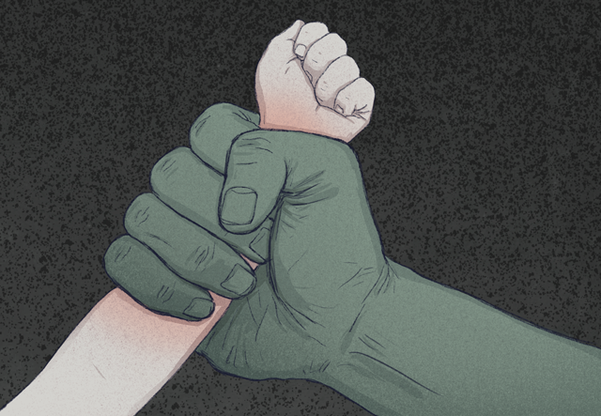Input 2021.01.27 06:00
–
According to the legal community on the 27th, the third part of the Supreme Court (Chief Judge Jae-Hyung Kim) was charged with violating the Special Case Act on the Punishment of Child Abuse Crimes (Aggravated Punishment for Child Abuse, etc.) and Violation of the Personal Information Protection Act on January 14th. Mr. A’s appeal was dismissed and a fine of 3 million won was confirmed.
Mr. A is a teacher teaching first-year elementary school students. In April 2019, Mr. A locked B in an empty classroom next to him because his classmate B (6 years old) did not listen and interfered with learning.
Mr. A usually called the next classroom Helltang, which is named after a fairy tale book. Mr. A imprisoned B alone in a hell bath for about 8 minutes.
When B told his parents about this incident, Mr. A urged B by saying, “What are you trying to do. What is this? What did you mean?”
Subsequently, the prosecution charged Mr. A for violating the Act on Special Cases concerning the Punishment of Child Abuse Crimes (Aggravated Punishment for Child Abuse by Workers in Child Welfare Facilities).
In particular, after being prosecuted, Mr. A sent a text message asking him to write a petition in relation to the child abuse criminal complaint case to the phone numbers of the 23 parents he had previously collected and kept.
The prosecution further prosecuted Mr. A for violating the Personal Information Protection Act, saying that Mr. A’s conduct exceeded the scope of the purpose of collecting personal information and used the personal information of 23 parents without permission.
The first trial court sentenced Mr. A to a fine of 3 million won, saying he was not guilty. The judge said, “The word hell bath itself can cause fear in children. The defendant is in a position to play a major role in the development and growth of the child as a teacher, but it is harmful to the mental health and development of the victim. He explained the reason for the sentencing.
Actually, B said in court that he was afraid of hell bath. Other children in the same class also recognized that “Hell-tang is a space where souls are created” and “Hell-tang is dark, scary, and dark.”
The court said, “The defendant’s texting to parents to fill out a petition is an act with the main purpose of obtaining a favorable disposition in criminal proceedings, so it is clearly an act that exceeds the purpose of collecting personal information.”
Mr. A appealed for misunderstandings and legal misconduct. The prosecution also filed an appeal claiming that the sentence of the first trial was too light and unfair. However, the second trial court maintained the decision of the first trial, saying, “The appeal of the defendant and the prosecutor is dismissed according to Article 364 (4) of the Criminal Procedure Act because there is no reason.”
Mr. A filed an appeal to the Supreme Court, but the Supreme Court also confirmed a court case that dismissed Mr. A’s appeal and sentenced him to a fine of 3 million won.
The Supreme Court said, “In the original judgment, contrary to the law of logic and experience, it is beyond the limits of liberalism, the establishment of a violation of the Personal Information Act, the emotional abuse set by the Child Welfare Act, the reinforcement law of confession, and misunderstanding or judgement There is no fault that affected the judgment by omission.”
–
– .


